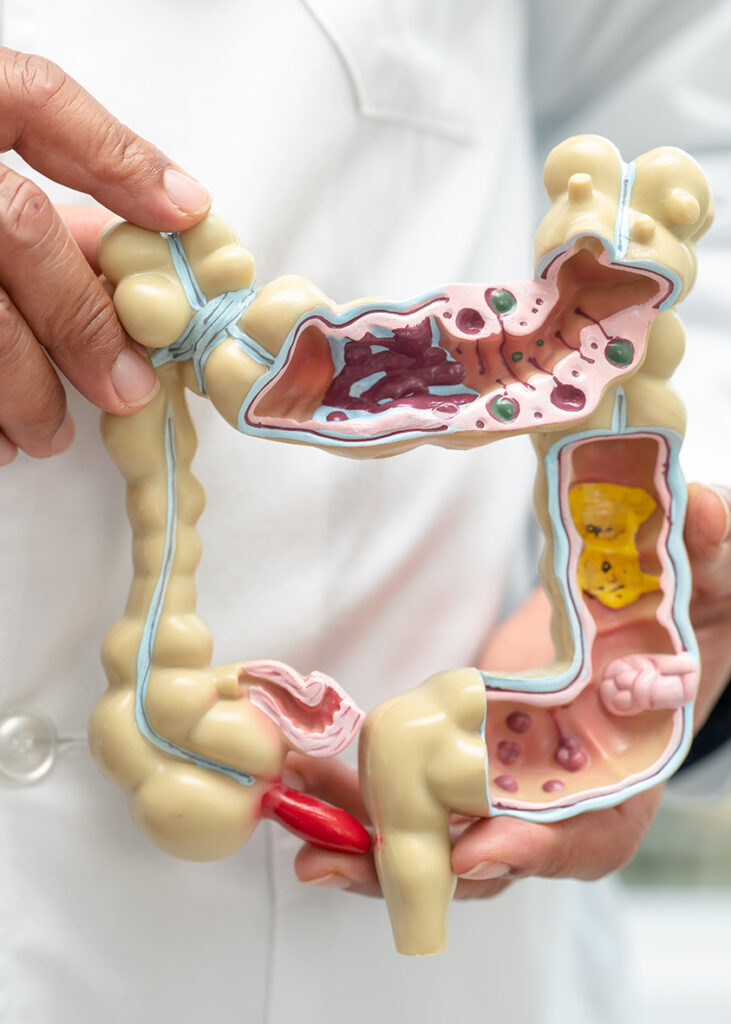The Benefits of Intermittent Fasting are more than just a weight-loss tool. Intermittent Fasting (IF) has become a widespread topic of discussion, infiltrating social media, podcasts, and even casual neighbourly conversations. However, beyond its association with weight loss, what does IF truly entail, how is it practiced, and what holistic benefits does it offer?

IF involves abstaining from food for a minimum of 12 hours, preferably extending to a 16-hour fasting period, followed by an 8-hour window for consuming meals once the fast is broken. During the fasting hours, only water, black tea or coffee, and herbal tea are permitted.*

The impact of IF extends far beyond shedding pounds, encompassing a spectrum of positive effects on the body. Apart from the commonly acknowledged weight loss attributed to reduced caloric intake within a restricted eating window, IF promotes improved gut health, enhanced sleep quality, lower blood pressure, and reduced inflammatory markers.

Throughout the fasting phase, the body undergoes transformative processes. Anaerobic bacteria flourish in the gut, the circadian rhythm is reinforced, and Autophagy—a cellular recycling process that mitigates inflammation—takes centre stage.
Amidst the vast sea of available information and research on IF, many attest to its effectiveness in not only achieving weight loss but also experiencing heightened vitality, mental clarity, and increased energy levels.

The essence of IF lies in its emulation of traditional eating patterns when food scarcity dictated human consumption. In our modern era of 24/7 food availability, constant access has led to perpetual overeating, contributing to the rise of obesity in the population.

Whether adopted as a strict routine or integrated into one’s lifestyle, there appears to be merit in exploring Intermittent Fasting. It has the potential to not only assist in weight management but also foster an overall sense of well-being, mental acuity, and increased energy levels. It seems that there is something to be said for Intermittent Fasting and we could potentially feel better for giving it a try.
Read about more episodes here.

*Note: Intermittent Fasting is not suitable for individuals who are pregnant, diabetic, have a history of eating disorders, suffer from anxiety or depression, or are on medication. Seeking medical advice is recommended before embarking on an Intermittent Fasting regimen.

